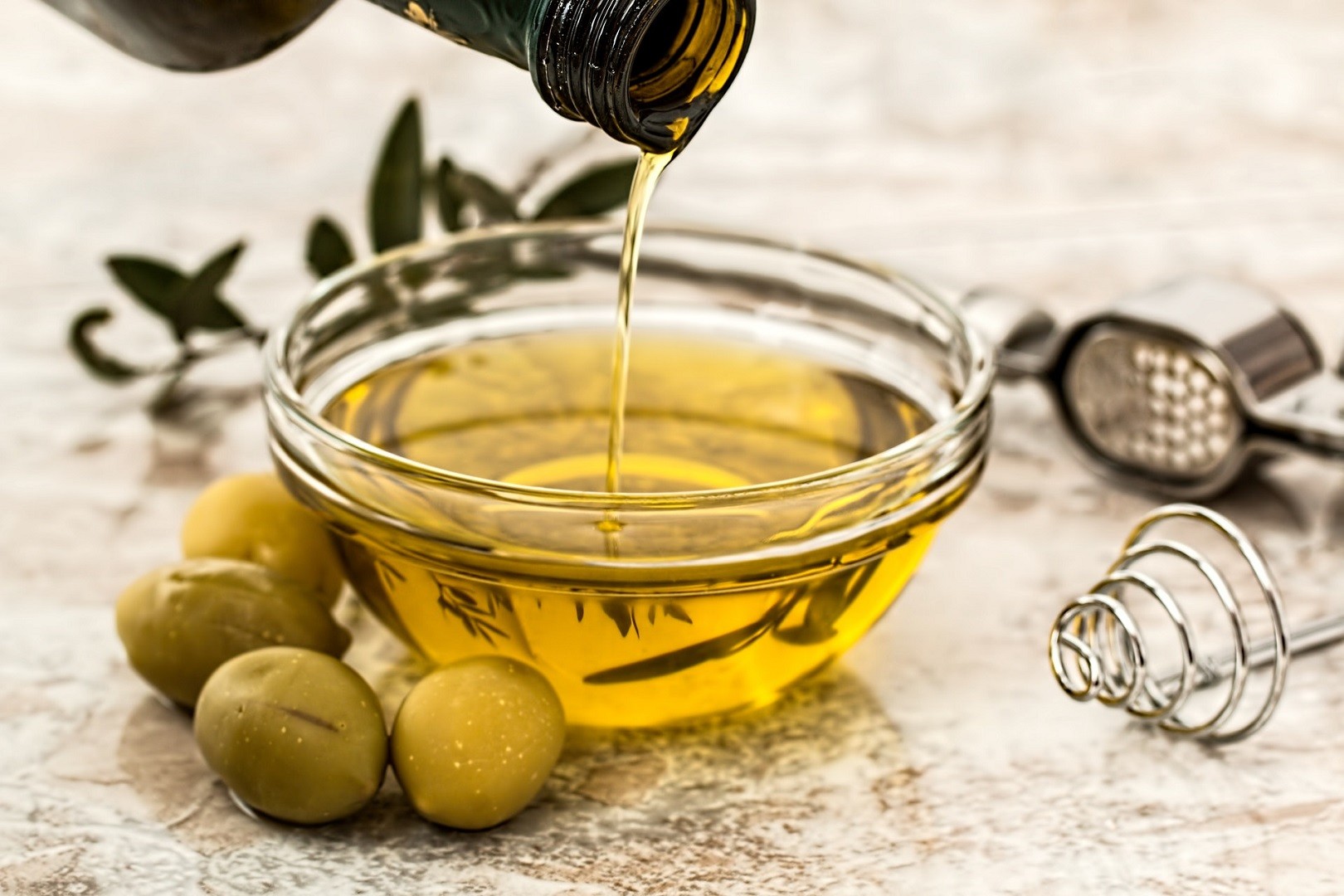
There is a bewildering array of oils available at your local supermarket, which makes choosing one for your kitchen a challenging task. Read on to find out what to look for and which oils to avoid on your next shopping trip.
What is an oil?
Fats which are liquid at room temperature are called oils. These are typically extracted from the seeds of plants, and are referred to as vegetable oils. These are produced from a range of plants such as rape, sunflowers, or from the flesh of some fruits e.g. olives. Vegetable oils are often a rich source of unsaturated fatty acids, and are low in cholesterol. They often contain natural antioxidants such as vitamin E and function as immune boosters. Our body requires some fat in order for the body to absorb certain nutrients and to enable cells to function properly. However, we tend to overeat or consume processed foods high in saturated fats.
The biggest influence on blood cholesterol levels is the mix of fats in your diet. If you eat too much saturated fat this will raise the blood cholesterol levels in your blood, which is associated with an increased risk of cardiovascular disease. Saturated fats are from products such as milk, butter, eggs, chicken and meats and any product that contains these ingredients, such as cakes, chocolate, biscuits and pies.
Unsaturated fat is typically liquid at room temperature, and generally comes from vegetable sources. Unsaturated oils are a healthier alternative to saturated fat and can be found in sesame, sunflower, soya and olive oil. Fish such as mackerel, sardines, pilchards and salmon, are a dietary food source. As a rule, try stick to unsaturated sources in your diet.
Good oils
Good oils have generally not been damaged by refining or processing. Use unrefined liquid plant oils for cooking and baking. These plant-based oils are rich in heart-healthy unsaturated fats. Some oils are more sensitive to heat, so do some research before you buy. Here are some good oils to try at home:
- Extra-virgin olive is very heat-sensitive so use it to dress salads, rather than cook with. Virgin olive oil is better suited to cooking.
- Canola oil is very low in saturated fats and a good source of omega-3 polyunsaturated fats, which are crucial to good health.
- Peanut oil has a high smoking point and is virtually tasteless, so is a versatile choice for cooking with.
- Sesame oil also has a high smoking point, but stick to the light version as the dark is not as suited to cooking.
- Flaxseed oil is rich in essential, healthy omega-3 fatty acids.
- Coconut oil, as long as it is virgin coconut oil has powerful antibacterial, antiviral and antifungal agents.
Remember to store vegetable oils in the fridge after they have been opened, otherwise they can turn rancid.
Bad oils
Refined vegetable oils are 'bad' fats. These oils have been highly processed, which removes all the healthy nutrients. Among the worst of these are the oils commonly used to fry fast foods and produce confectionary. Avoid any label that indicates a 'partially hydrogenated' oil. The mostly polyunsaturated oils such as:
- Soybean
- Grapeseed
- Cottonseed
- Safflower
Thse are some of the least healthy oils for cooking or baking, and are best avoided in the kitchen.
Despite their health benefits, one should try minimize any cooking with oils to reduce overall calorie intake. Because oils are a highly concentrated source of energy, use them sparingly. Also try consume them in food form, via fish in your diet, rather than in a supplement form, as fresh is always better.
If you would like advice regarding the oils you should be using in your home, consult an accredited nutritionist.
Originally published on May 23, 2009








